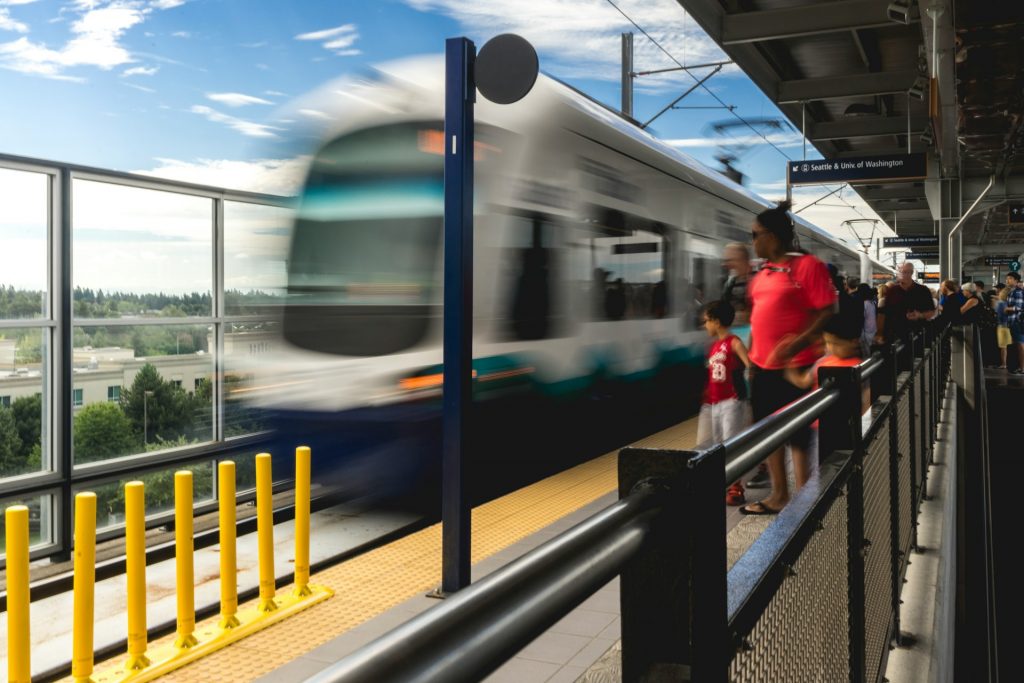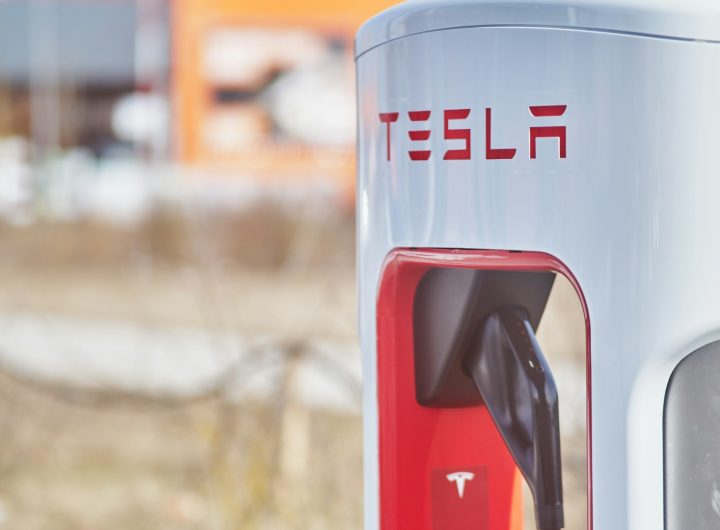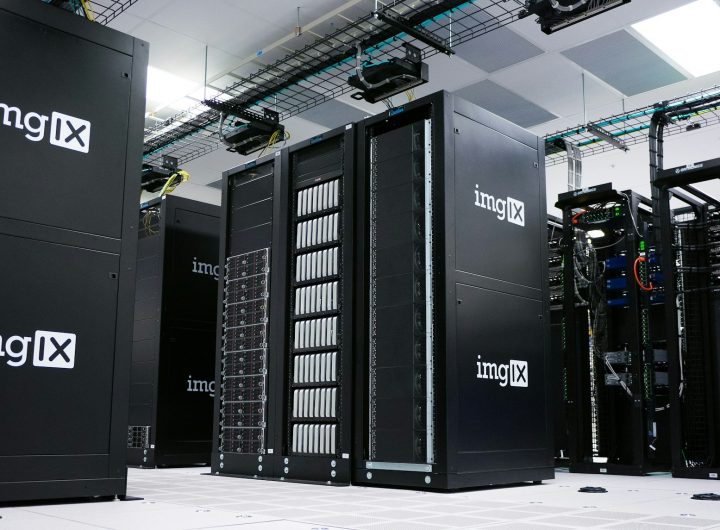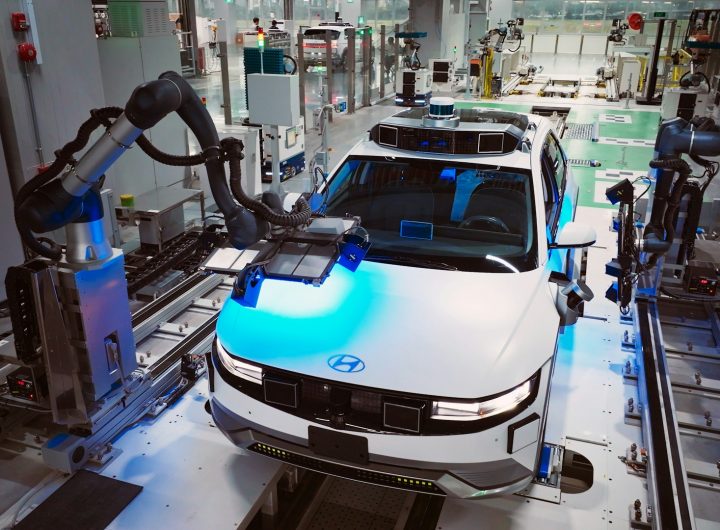
Rail passengers in the UK are experiencing higher expenses when purchasing tickets from station machines, a recent analysis by consumer group Which? has revealed. The investigation found that ticket machines charged passengers more than double the amount charged by the major online retailer Trainline for specific journeys. The study, involving mystery shoppers visiting 15 stations managed by different train operators, compared ticket prices for 75 journeys. The results indicated that online fares were cheaper approximately 75% of the time, with tickets bought from machines averaging 52% higher for same-day travel.
This discrepancy in pricing is particularly significant given that over two-fifths of stations in England lack a ticket office, and approximately 150 million journeys were facilitated through machines in 2022. Which? highlighted that the best value fares are often either unavailable or obscured among numerous options on many machines. Researchers attempted to purchase the most affordable one-way ticket for travel on the same day, the following morning, and three weeks later.
Several factors contribute to the observed price disparities, including some machines not offering cheaper Advance fares or split-ticketing options, or making off-peak fares less visible. Rory Boland, editor of Which? Travel, expressed astonishment at the considerable differences in pricing between online booking and station ticket machines. Boland noted that millions of tickets are bought using these machines each year, potentially leading many passengers to pay significantly more than necessary.
The Rail Delivery Group, an industry body, acknowledged progress in fare reforms since 2019 but emphasized that more improvements could be made. They highlighted changes such as single-leg pricing and the expansion of pay-as-you-go contactless fares, which aim to simplify the fare system for customers. The group pledged to continue collaborating with the government and industry stakeholders to achieve further reforms and deliver additional benefits to customers.
It’s worth noting that while Trainline, the major online retailer cited in the analysis, charges booking fees, passengers can acquire tickets for no extra cost from various other websites and apps, including those owned by train operators. In November, a proposed widespread closure of railway station ticket offices in England was abandoned following widespread opposition. Transport Secretary Mark Harper requested train operators to withdraw their proposals, which had been put forward under pressure from ministers aiming to cut costs.
In a separate development, on Tuesday, London North Eastern Railway (LNER) initiated a two-year trial for some of its routes, involving a reduction in the number of fares and the pricing of tickets based on demand. This initiative aims to test new approaches to fare structures and pricing strategies to enhance the travel experience for passengers. As the railway industry navigates challenges related to pricing, access, and technology, ongoing efforts are required to ensure that the fare system aligns with passenger needs while fostering transparency and fairness.
 Tesla’s European fortunes take a hit as Chinese rivals gain ground
Tesla’s European fortunes take a hit as Chinese rivals gain ground  AWS Receives Final Approval for €15.7 Billion Data Centre Expansion in Aragon
AWS Receives Final Approval for €15.7 Billion Data Centre Expansion in Aragon  Construction Begins on 2.5-Million-Kilometre Telescope to Detect Gravitational Waves
Construction Begins on 2.5-Million-Kilometre Telescope to Detect Gravitational Waves  Porsche’s Leipzig Plant Hit by Cuts Amid Ongoing Automotive Crisis
Porsche’s Leipzig Plant Hit by Cuts Amid Ongoing Automotive Crisis  Mercedes-Benz Expands eActros 600 Line-Up for Long-Haul Transport
Mercedes-Benz Expands eActros 600 Line-Up for Long-Haul Transport  UnitedHealth Shares Plunge Nearly 20%, Dragging Dow Jones Down by 700 Points
UnitedHealth Shares Plunge Nearly 20%, Dragging Dow Jones Down by 700 Points  iPhone’s yellow battery mystery solved as Apple mandates shift to iOS 26
iPhone’s yellow battery mystery solved as Apple mandates shift to iOS 26  Novo Nordisk Shares Plunge After Profit Warning: Mixed Reactions from Analysts
Novo Nordisk Shares Plunge After Profit Warning: Mixed Reactions from Analysts